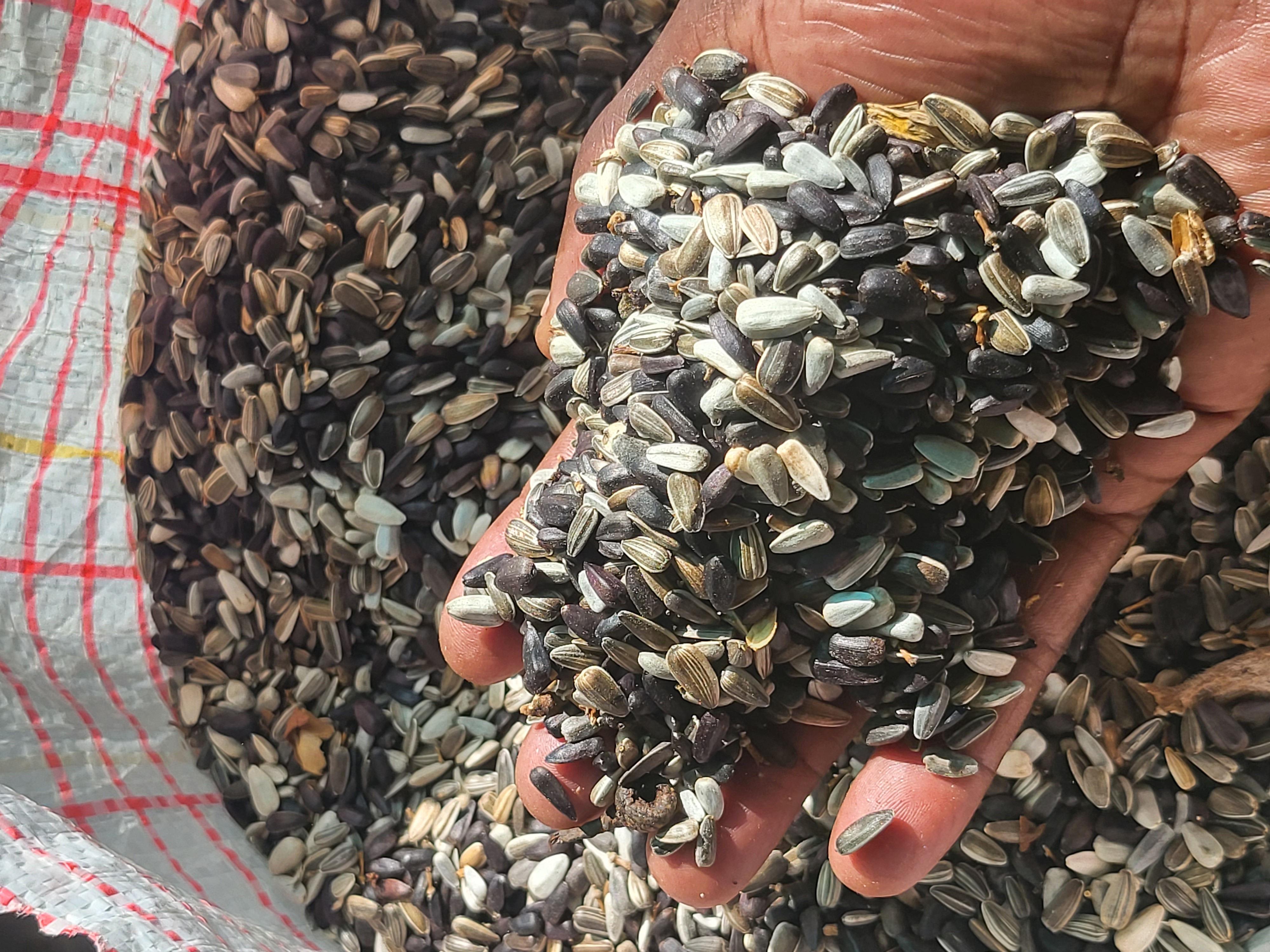KMU agriculture Enterprise

In a region rich with natural resources and fertile land, KMU is seizing an exciting opportunity to not only contribute to agricultural development but also to provide hands-on training for students pursuing agricultural courses. The university has identified a unique niche in agriculture that aligns with its mission to empower students while also generating income and benefiting surrounding communities. Through strategic land acquisitions and the introduction of diversified farming activities, KMU is cultivating a sustainable future, both academically and economically.
KMU has acquired several parcels of land in strategic locations, including Senga Hill, Chilubanama, Chama, and Ilondola villages. These areas are rich in resources and have been transformed into thriving agricultural hubs. The university also utilizes an additional 20 hectares of land on campus, dedicated to fostering agricultural activities that benefit students and surrounding communities alike.
One of the primary agricultural ventures on KMU’s portfolio is the land in Senga Hill, where the university focuses on cultivating sunflower, soya beans, and beans. These crops not only serve as a source of income but also enrich the soil, promoting sustainable farming practices. Meanwhile, the 20-hectare farm on campus is primarily dedicated to the cultivation of maize, a staple crop that plays a crucial role in Zambia’s food security. These farming initiatives are designed to not only contribute to the local economy but also offer KMU students a practical training ground where they can apply the theoretical knowledge from their courses.
KMU’s agricultural ambitions don't stop with crop production. The university has recently ventured into livestock farming, another key pillar in the agricultural sector. On campus, a newly established kraal is home to over 20 goats, 15 sheep, and 10 cattle, including a bull. These animals, which will eventually be migrated to the Senga Hill farm, are being raised to provide students studying animal science with valuable hands-on experience in animal husbandry. The university’s foray into livestock farming doesn’t stop here, plans are already in place to procure chickens and establish a well-equipped poultry house. This development will enable students to gain practical exposure to poultry farming, another essential aspect of Zambia’s agricultural industry.
Kapasa Makasa University is setting a new standard for agricultural education and enterprise in Zambia, demonstrating that education and income generation can go hand in hand to create a brighter, more sustainable future for all. With each crop harvested, each animal cared for, and each student trained, KMU is cultivating a legacy that will thrive for generations to come.





